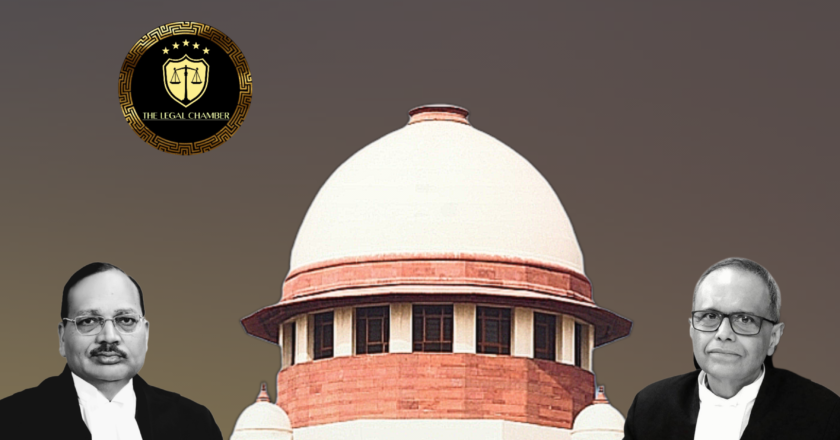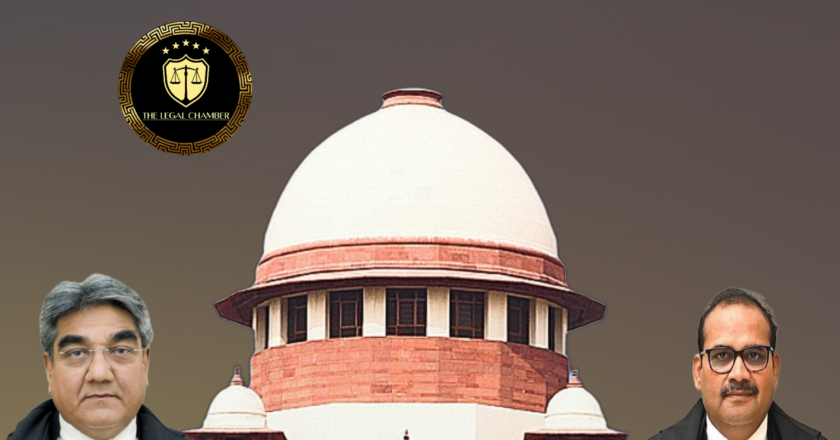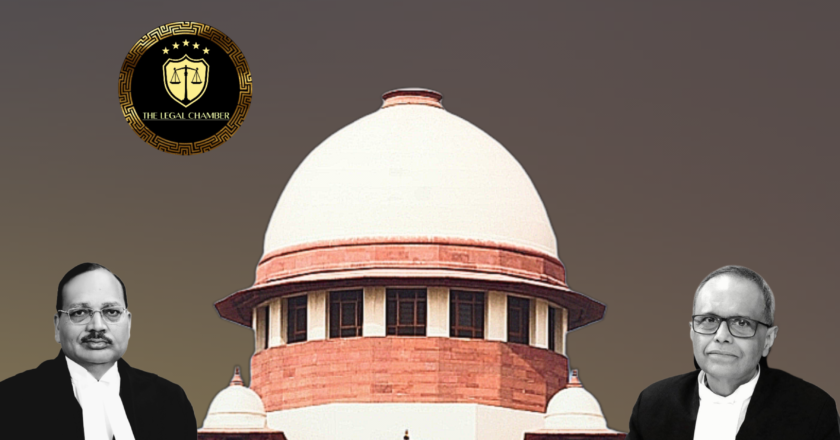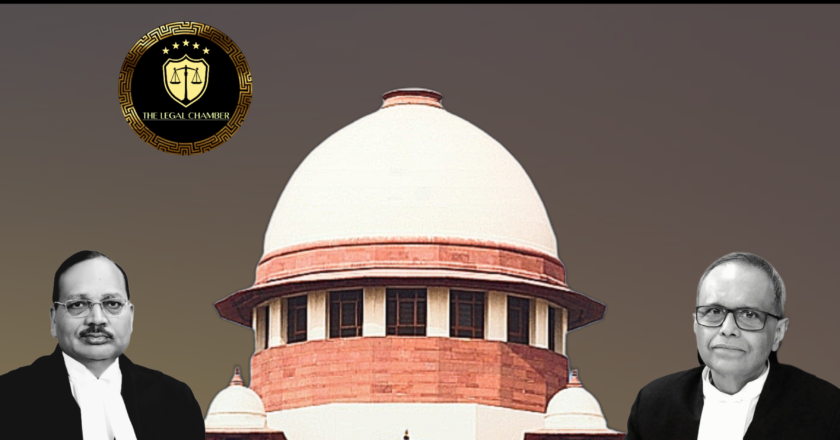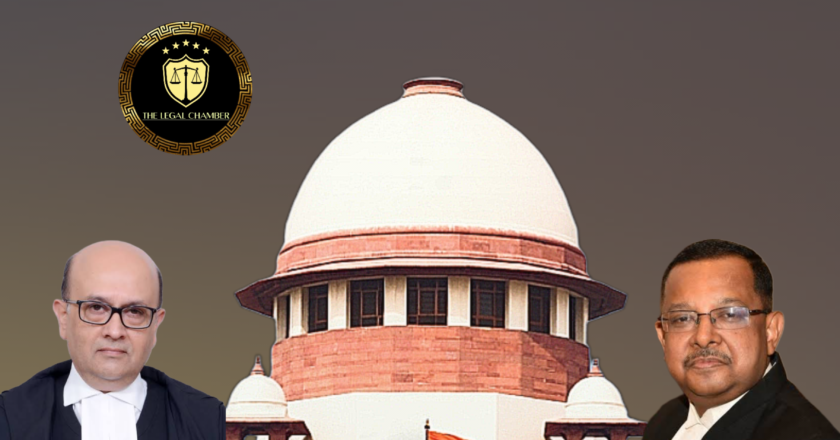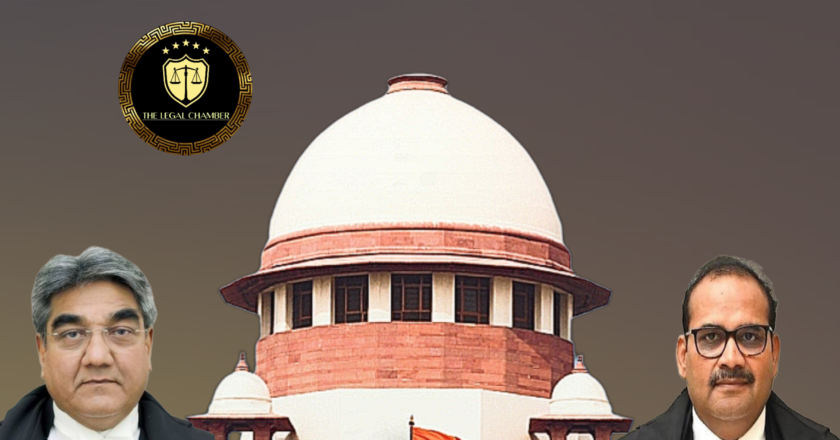State Cannot Penalize Employee for Its Own Error, Rules Supreme Court
The Supreme Court exercised its extraordinary jurisdiction under Article 142 to grant relief, ruling that an appellant, though initially ineligible, cannot be penalized for the state authorities' error in selecting and appointing him. The court reinstated the appellant with continuity of service but denied back wages, clarifying the decision was based on the case's peculiar facts and would not set a precedent.
Facts Of The Case:
The Jharkhand Staff Selection Commission advertised for the post of Trained Graduate Teacher (TGT), reserving 25% of vacancies for teachers from Government Elementary Schools with five years of experience. The appellant, a teacher at a fully government-aided minority school, applied under this quota. His application was processed by the Commission, which found hi...




